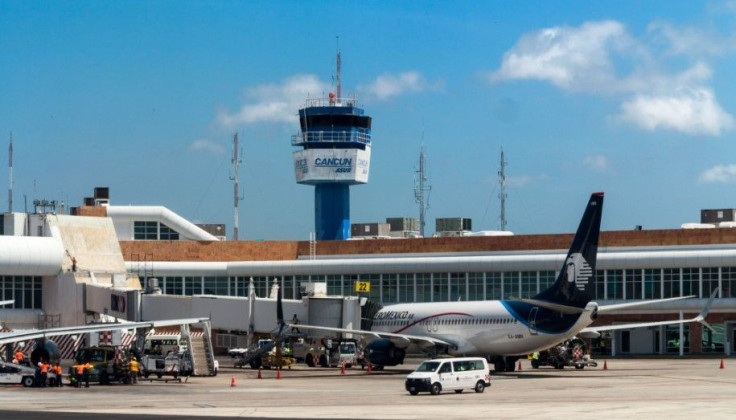
Unionized air travel workers in Argentina went on a 24-hour nationwide strike on Wednesday, which resulted in the cancellation of hundreds of flights and the rescheduling of dozens more.
The workers have been demanding improved salaries, which shows another instance of social unrest in Argentina, AP News reported.
While more than 50 airports across the country were opened, the airlines had canceled hundreds of flights. The biggest airport of the country, located on the outskirts of Buenos Aires, the Ezeiza International Airport, witnessed only low-cost airlines - Flybondi and American Airlines - operational on Wednesday.
The state-owned Aerolíneas Argentinas issued a statement on the same day, revealing that 331 flights were impacted due to the 24-hour strike called by the Association of Aeronautical Personnel, the Argentinian Association of Airline Pilots and the Union of Senior and Professional of Aero Commercial Companies.
In total, the strike impacted around 24,000 passengers of the state-owned airline alone, making a loss of around $2 million. The statement was shared on X handle, formerly known as Twitter:
Información sobre cancelaciones y reprogramaciones con motivo del paro del 28 de febrero. pic.twitter.com/dYQleJyblr
— Aerolíneas Argentinas (@Aerolineas_AR) February 28, 2024
While most airports were on and only flights were canceled, Aeroparque Jorge Newbery airport was completely shut.
A Chilean tourist Leonardo Torres at the airport said, "We had flights scheduled today for Santiago, Chile for Aerolíneas Argentina. We came here and we find nothing. Last night they let us know at 11:30 pm by email, but we're abroad and we don't know what to do now," Buenos Aires Times reported.
Bolivian tourist Angela Alaiaga who was supposed to leave the country on the same day said, "We were told there was a strike and nobody was flying out. We were given a code to communicate with Aerolíneas Argentinas, we tried to communicate but that code couldn't be accessed, so we don't know when we're flying."
Talking about the union members, they blamed the government for a breakdown in salary negotiations as last week, the conflict between the unions and the government initiated when the proposed 12% pay increase fell short of expectations.
The strike took place after inflation in Argentina skyrocketed, mainly after a 50% devaluation of the local currency, which was announced by President Javier Milei after taking over the office.
© 2025 Latin Times. All rights reserved. Do not reproduce without permission.







